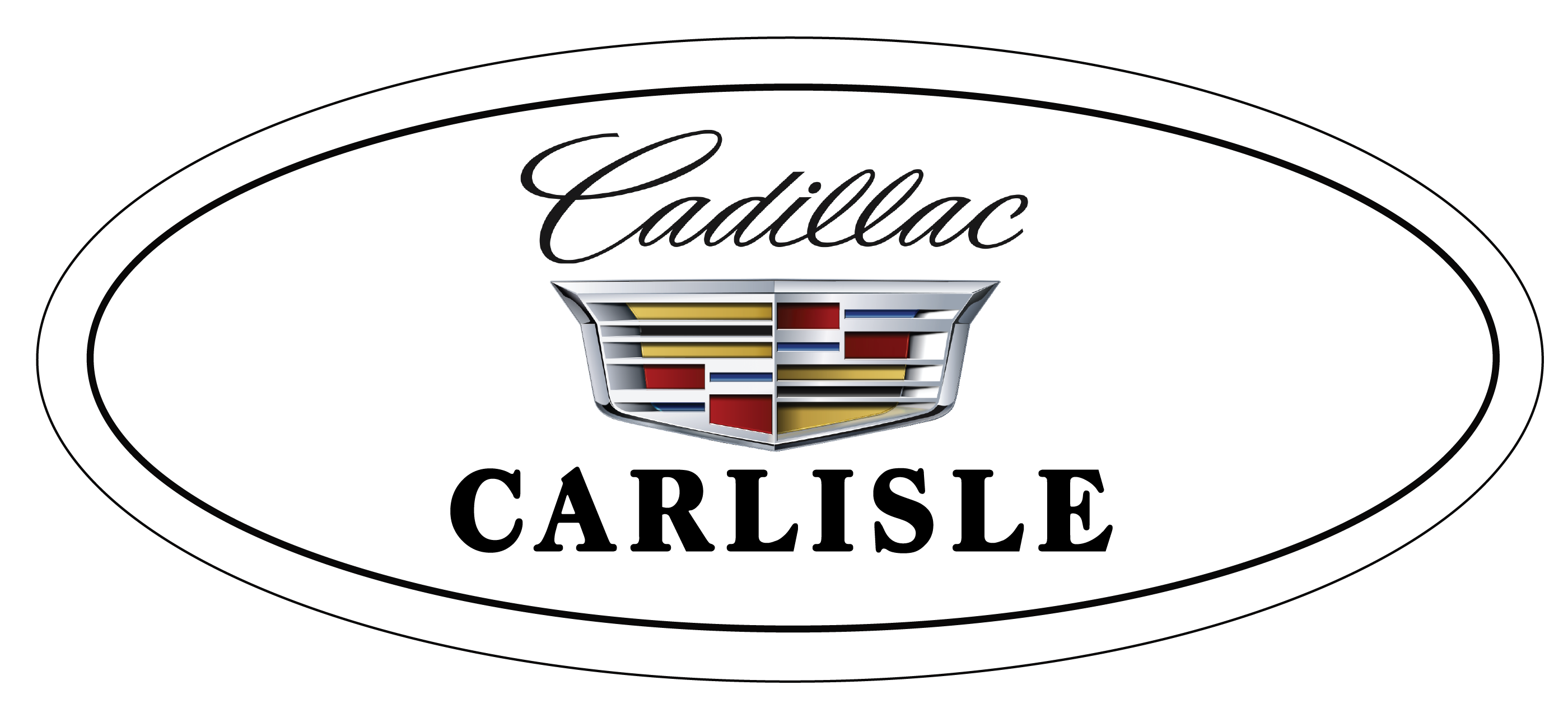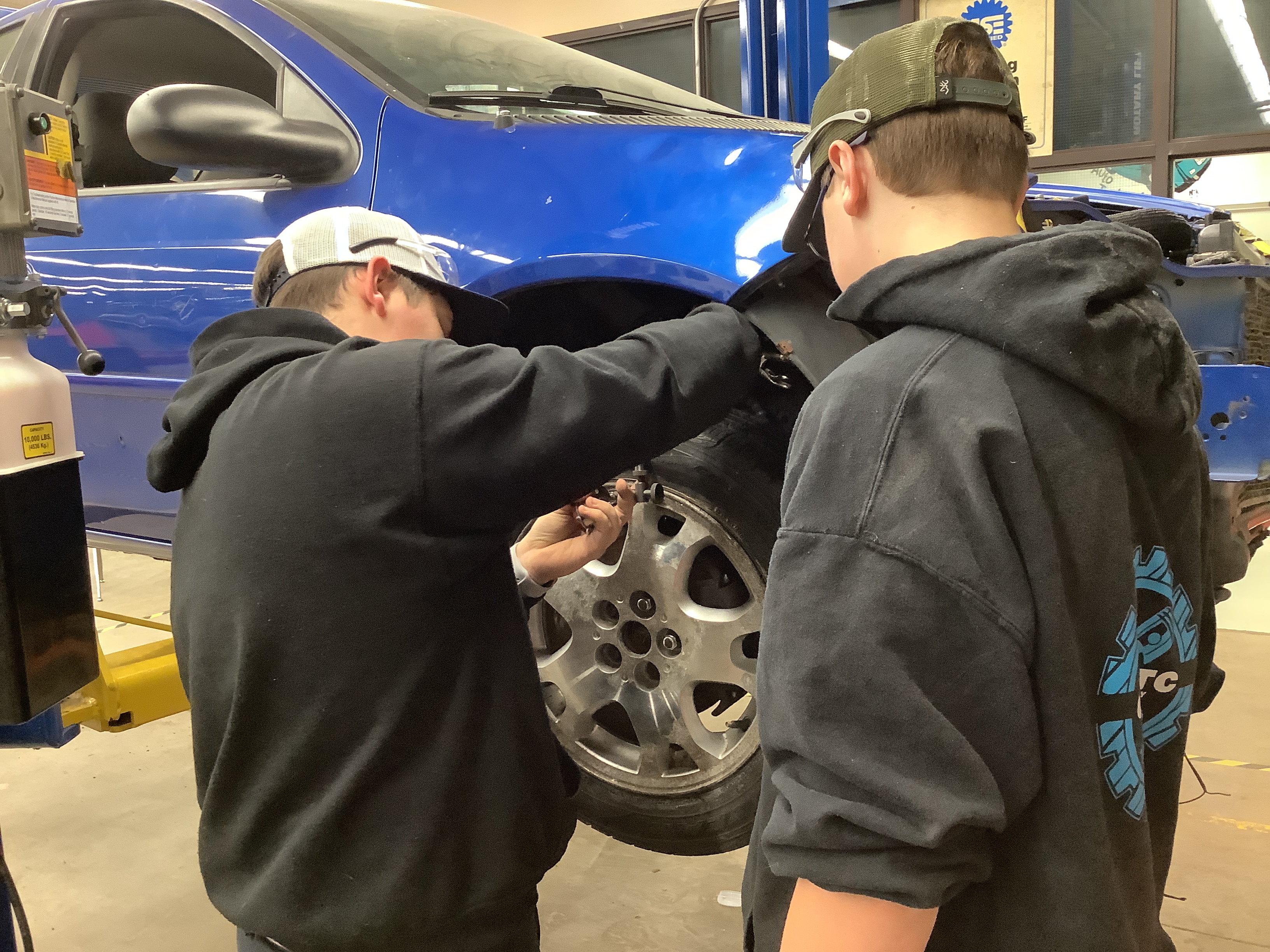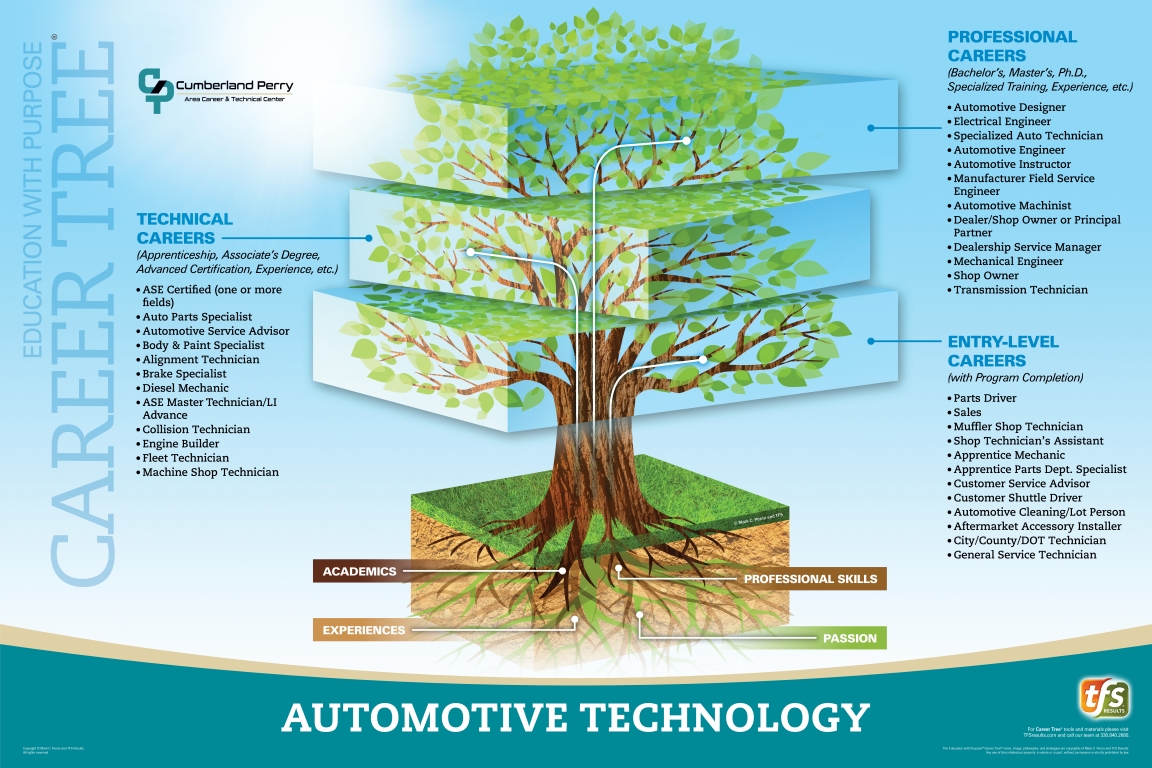Automotive Technology
What is Automotive Technology?
The Automotive Technology program provides students with the entry-level skills and knowledge needed for a career in the automotive field. The program is accredited by NATEF as an MLR (Maintenance and Light Repair) program, and seeks to emphasize STEM (science, technology, engineering, and math) to help students gain the necessary skills to be successfully employed in the automotive field. Specific techniques taught include: engine repair, suspension and steering, brakes, electrical/electronics systems, heating and air conditioning, engine performance, manual drive train and axles, automatic transmission/transaxle, emissions control, hybrid technology, and alternative fuels. Students are taught to use computerized technical service manuals and are also trained to participate in the Pennsylvania State Safety and Emissions Inspection Program. Qualified level 3 students are able to participate in the Cooperative Education program, which allows students to gain paid work experience at participating repair facilities while attending school. The ultimate goal of the program is to prepare students for success in the automotive field.
Program Accredited by

Thank you to our Program Sponsors


Is it for You?
Students interested in applying to the Automotive Technology program should like doing mechanical work and diagnosing problems. Automotive technicians often work by themselves, both indoors and outdoors, and may go out on service calls to make emergency repairs. Work is usually done through automotive agencies, independent garages, fleet maintenance shops, or government installations. Larger garages usually have modern facilities with heating and ventilating systems. Professionals in this field often work in cramped and awkward positions, employing sight, sound, or touch, to gauge, adjust, align, and tune automotive systems. Carbon monoxide poisoning, infection from cuts and burns, allergies to cleaning fluids, and muscular strains from lifting heavy parts, are potential dangers. Most technicians work between forty and forty-eight hours per week, but they may work longer hours during busy periods. The successful student will possess the following skills:
The ability to use hand tools, power tools, and testing equipment.
Physical stamina and coordination.
Good eyesight and hearing.
Outstanding math and reading ability.
The ability work independently and with others.
Program Objectives
| Level 1 Certifications
POS TASKS:
|
Level 2 Certifications
POS TASKS:
Employability Skills Training | Level 3 Certifications
POS TASKS:
OPTION: Cooperative Education |
What's Next?
Potential Career Pathways
* Salaries listed are PA state averages taken from www.onetonline.com and are accurate as of 2020.
Auto Service Technicians & Mechanics($42,010)
Electronic Equipment Installers/Repairers (Motor Vehicles)($38,370)
Automotive Specialty Mechanics ($35,870)
Automotive Master Mechanics ($35,870)
Automotive Engineers ($88,430)
Automotive Engineering Technicians ($56,980)
...and many more
Post-Secondary Studies
*Some employment options may require additional study.
University of Northwestern Ohio: Automotive Technology, Automotive Technology Supervision
Thaddeus Stevens: Automotive Technology


